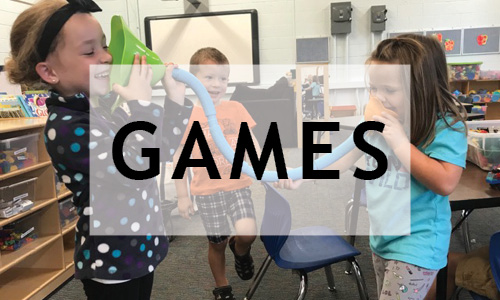Like other professionals today, I am always on the alert for signs of autism in children that I see, so that if needed, I can help parents get the best help, fast and early for their child. I am amazed at the progress many children can make if they are diagnosed early. When I worked at the Early Childhood Center in Fairfield, I would start with children when they were 3 years old. When I looked back at reports of their status just a year earlier, at 2 years, I couldn’t believe it was the same child. They had had many hours of therapy, and it showed.
Recently, I was having a play session with a little boy, whom I was seeing for my “play on words” session, where I show parents how to talk, read and play with their typical youngsters, to enhance language. This little boy was 2 1/2 exhibiting some “red flags” for autism. At first nothing appeared to be off. He was playing nicely by himself with his little Fisher Price animals and talking in short sentences of a typical length for his age. This can be misleading because one might think that language is fine if they can talk in sentences. But, language is more than grammar. Pragmatic language, or social language is a key component in a child’s overall language age. A child at this age still typically plays next to another much of the time but also engages in play with peers and adults and has conversations back and forth, looking the other person in the eye. But when I came into hir play with a figure or piece of the action, he didn’t “let me in” by looking me in the eye, responding to my questions about his play scheme, or seem to acknowledge that I was there. HIs mom began describing situations that she had observed her son in recently that were cause for her concern.
They were at the beach and his peers were busily playing together while she observed her son off by himself, not seeming to be interested or aware of their play. He kept throwing stones in the water repeatedly, not changing his activity.
Often between 2 and 3, when children are expanding their language into little sentences and developing the use of language to manipulate their environment–request things, show their dislike for things, ask questions–it may become apparent that your child is not using his language flexibly as he should.
If you have concerns be sure to discuss specifics with your pediatrician and/or call your local Birth to Three Services to have an evaluation. Autism Speaks is an excellent organization and has helpful descriptions of the signs of autism on their website.



